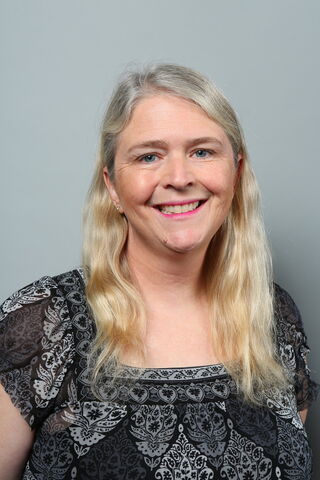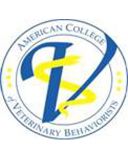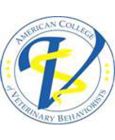Education
Education Is a Never-Ending Quest
Don't rest on your laurels and live the status quo.
Posted August 11, 2022 Reviewed by Lybi Ma
Key points
- We should continually try to improve ourselves with the most current evidence-based research.
- We should be kind to ourselves and others through the process of change and learning from mistakes. Change is hard.

By Melissa Bain, DVM, DACVB, MS, DACAW
Education. Teachers. Classroom. These words bring up a range of emotions in people, from memories of sitting for hours in college classes to the excitement of attending our first continuing education conference. We remember excellent teachers, those who have inspired us, challenged us, allowed us to make mistakes, showed us that they are human, and helped us grow. One who comes to mind is Dr. Joe Dorner, my clinical pathology professor from veterinary school. Full disclosure, my grades were OK, certainly not great, I think I squeaked by with a C in this class.
But after years out of veterinary school and general practice, I still have a solid foundation in clinical pathology, and I can attribute it to how I was taught. One thing that sticks out most is how he shared with us that he failed this very subject when he was a veterinary student. The guru of Clin Path failed. How could this be? How could he get accepted into graduate school after failing a veterinary school class? How could he be teaching us? He shared this information with us on the day after many of us bombed the test. He wanted us to learn and not focus on grades. We were the last class that he taught, and two of my classmates subsequently went on to become board-certified in this subject.
Change Is Hard
I strive to follow in his footsteps when I educate others, whether I am working with animals, clients, students, or colleagues. As someone who has focused on humane training and behavior modification for my career, there have been times when I have seen others being unsupportive of others, belittling others for making mistakes, and judging them for using unsound techniques. There are few people who want to continue to do things wrong.
But change is hard. To change, we must admit to ourselves and others that what we are currently doing is wrong. Someone’s business model is based on their method of training. Twenty years ago, the standard of care in veterinary medicine was to not use pain control for animals after surgery. “If they are painful, they will stay quiet.” That was what I was taught, and that is how I practiced 20-plus years ago. Thankfully, the standard of care has changed, and as much as I try, I cannot change the past, and can only go forward.
When We Know Better
The amount of knowledge in animal behavior continues to explode exponentially. When I started my residency in veterinary behavior 24 years ago, I diagnosed many dogs with dominance-related aggression, basing my diagnosis on the literature available at the time. Was I wrong then? No. I was referencing the most current research and textbooks available. Would I be wrong now to continue using this diagnosis? Yes. I continue to reference the most current research and textbooks. No one knows where our knowledge base will be in another five, 10, or 20 years; this is the reason I continually reflect on one of my favorite quotes, from Maya Angelou: “Do the best you can until you know better. Then when you know better, do better.”
Education is not finite. As members of a licensed profession, veterinarians must document a specified number of continuing education hours per year. Our owners (and their companion animals) deserve the best that we can give them. They are not animal behavior experts, and often come to us already having followed recommendations from a trainer, website, family member, neighbor, person down the street. It is inherent upon us to not judge them for how they’ve trained their animal in the past but to be supportive of them in the future.
I remember my mistakes, and frankly, I learned more from my mistakes than from when I had aced a test. I learn best when I’m supported, not judged, and when I feel safe to learn from a mistake. We should do the same for others.

Dr. Melissa Bain is a Professor of Clinical Animal Behavior at the University of California-Davis School of Veterinary Medicine. She is also board-certified by both the American College of Veterinary Behaviorists and the American College of Animal Welfare. She is a past president of both the American College of Veterinary Behaviorists and the American Veterinary Society of Animal Behavior. In 2016 she was selected as the Bustad Companion Animal Veterinarian of the Year, awarded by the American Veterinary Medical Association, and in 2019 she was selected to receive the Companion Animal Welfare Award from the World Small Animal Veterinary Association.


